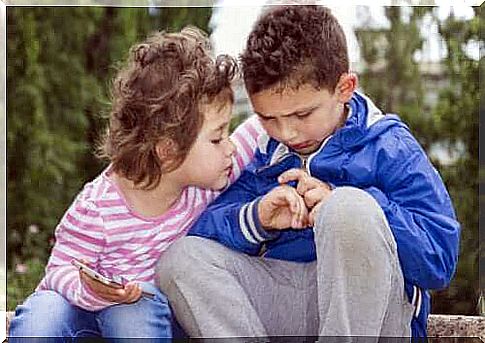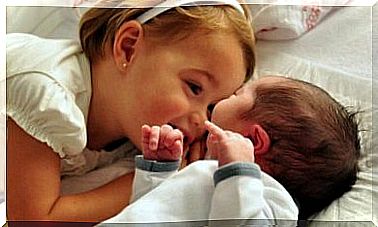What Does Mentalization Mean And What Are Its Benefits?

Have you noticed that some people can almost read the thoughts of others? Obviously, no one can really read thoughts, but some people’s mentalizing ability is so good that they can really well anticipate the reactions of others in different situations. Mentalization, or so-called mentalization, means the ability to reflect on one’s own and another person’s perspective and experience. It is the ability to reflect on what kind of states of mind behind a person’s reactions and behavior can be hidden. In addition to emotions, mentalization also focuses on, for example, purpose and desires.
What is mentalization?
Mentalization means the ability to reflect on one’s own and another person’s perspective and experience. Good mentalizing ability helps regulate emotional states, creates stability in human relationships and promotes good communication. It also reduces the stress and traumatic impact of conflict. Without this ability, a person is unable to regulate their own emotional states and anticipate their own and others ’reactions in different situations.
Mentalization involves both conscious and automatic reflection on the states of the mind. What distinguishes it from metacognition, the theory of the mind, and the skill of consciousness is that it specifically concerns the states of the mind and targets both oneself and others.

The benefits of mentalization
According to psychologists Angelina Graell Amat and Gustavo Lanza Castell, the most essential benefits of mentalization are:
- It makes it easier to understand and predict your own and others ’behavior.
- It is an advantage for self-control when one is able to guess how certain attitudes affect other people.
- It enhances emotional self-control, which helps to identify, express, and regulate one’s own desires, thoughts, and feelings according to each situation.
- It promotes the formation of a secure attachment relationship between the child and the parents.
- It improves communication between people. A smooth conversation requires consideration of the mental state of the other interlocutor.
- It makes you realize that your own thoughts are just mental representations that are separate from reality.

Development of mentalization in childhood
One of the developers of the term mentalization is psychoanalyst Peter Fonagy. According to him, this cognitive ability begins to manifest very primitively when the child is already six months old. Gradually, the ability becomes more and more complex. At the age of three, the child begins to manifest certain types of empathic reactions and increases the capacity to recognize other people’s emotional states. At the same time, the child begins to understand that the feelings of others are separate from his or her own feelings.
It is only at the age of 4-5 that the child is able to properly define and describe his or her own and other people’s states of mind. At this age, the child understands the existence of states of mind, beliefs, and desires and is thus able to anticipate his or her own experiences and the actions of other people. The ability to distinguish one’s own mind from the minds of others, as well as the ability to distinguish the reality of the mind from the external reality, is required for the emergence of a mentalizing ability.
What role do parents play in the development of a child’s mentalization?
It is the responsibility of parents to support the development of a child’s emotional intelligence from the first years of life. In practice, this means that the child is treated empathetically from birth. Through their actions, parents must show that they understand the child’s needs and wishes and also respond to them.
As the child is a little older, it is important to talk to him or her about his or her thoughts and feelings. When a child is helped to express his or her own feelings, he or she learns to reflect on them as well. Later, the child naturally learns the ability to recognize and interpret other people’s mental states as well.









